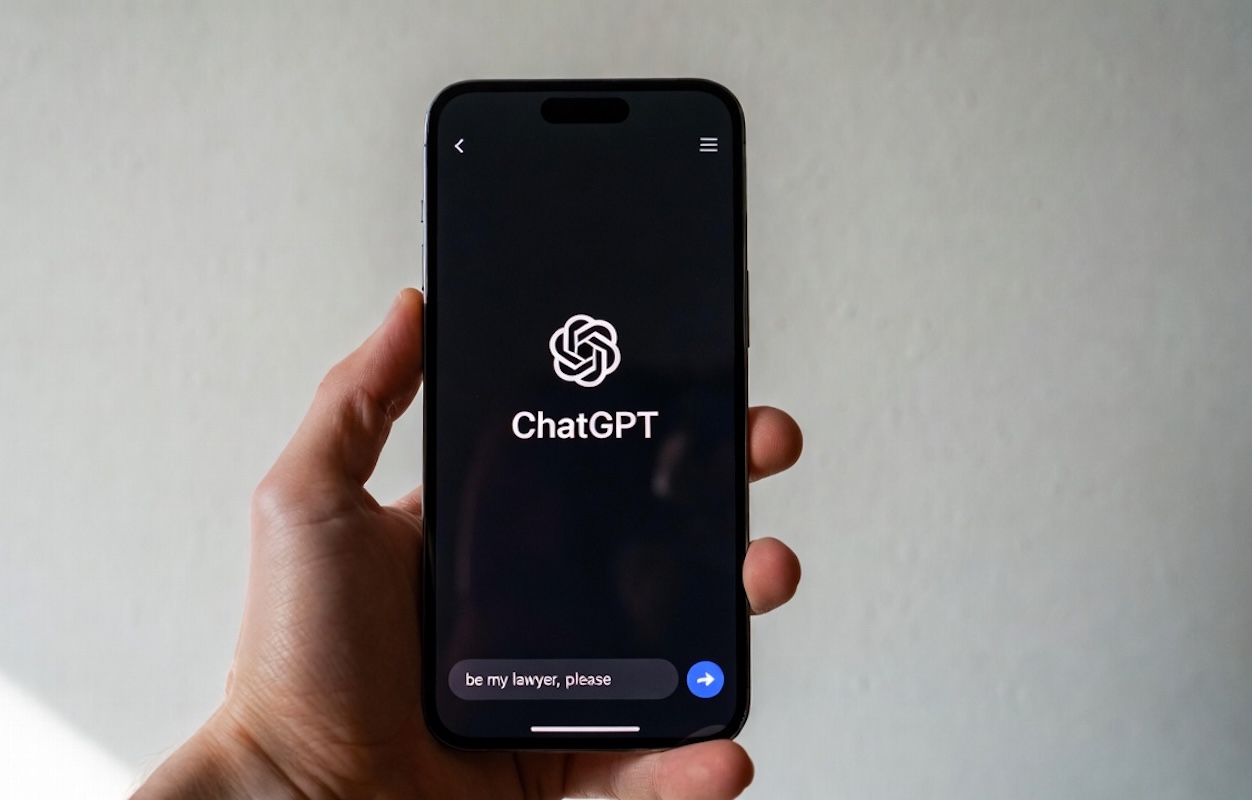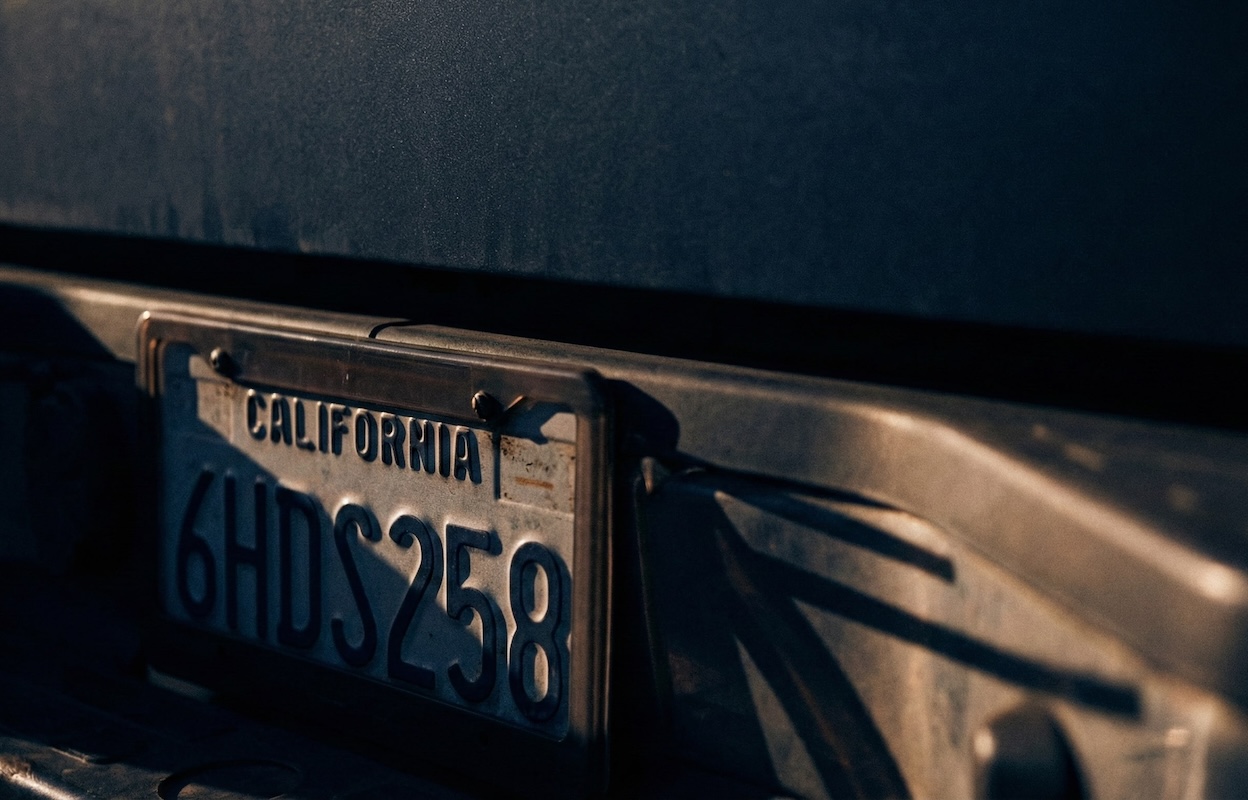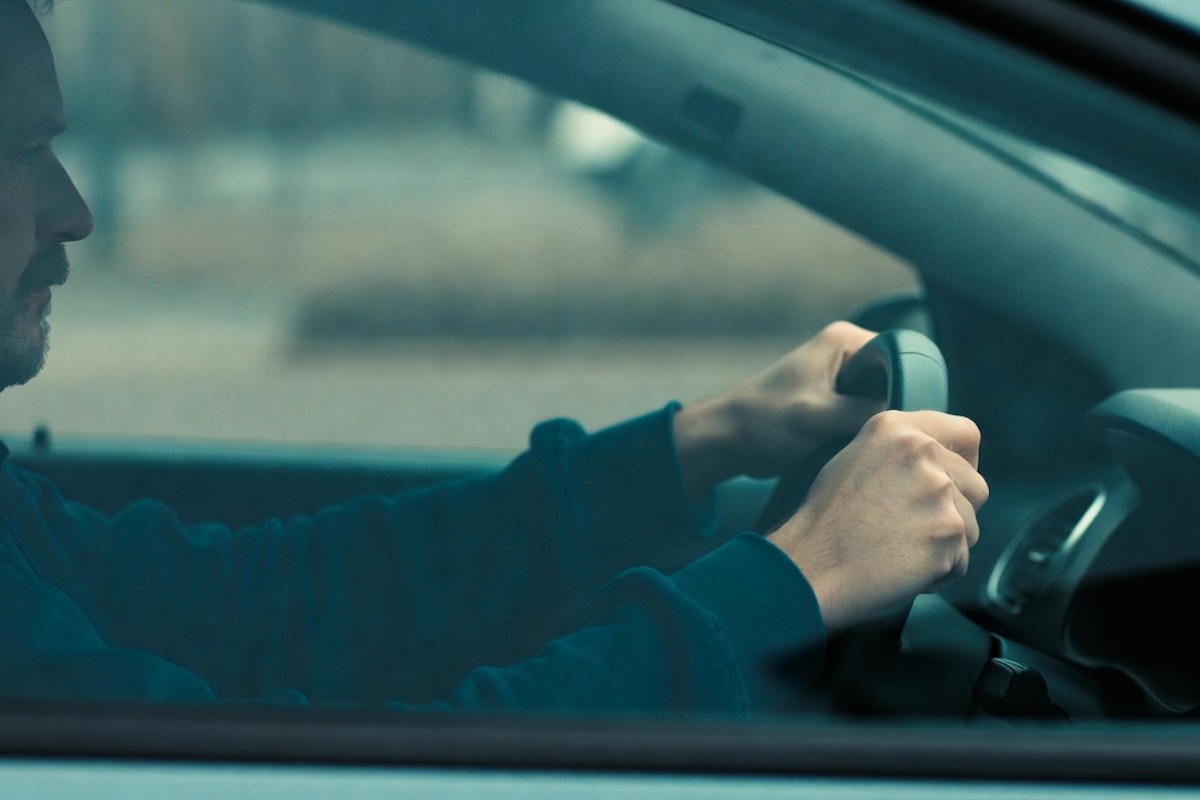Can AI Actually Be Your Personal Injury Lawyer?

You have probably heard the rumors. There are chatbots passing the bar exam and tech companies promising to make expensive legal fees a thing of the past. It sounds incredible. Honestly, who wouldn’t want to skip the consultation fees and just type their accident details into a chat box?
But if you are thinking about letting an algorithm handle your injury claim, you need to pause.
The idea of a “robot lawyer” is catchy. But the reality is much messier. The technology is impressive, but it has a habit of making up stuff (i.e., hallucinating). It also cannot legally represent you in court. That doesn’t mean AI is useless, though. The best law firms are actually using it right now to win cases faster.
They just aren’t letting it run the show.
Key Takeaways
- Robot Lawyers are currently illegal. Statutes like California Rule 5.5 prohibit AI from practicing law, meaning a piece of software cannot represent you in court or sign legal documents.
- AI lies about the law. Leading research shows that even legal-specific AI tools hallucinate false facts between 17% and 33% of the time, which can ruin your case credibility.
- The best approach is Hybrid. While AI shouldn’t be your lawyer, 79% of legal professionals are adopting AI to handle data processing, leaving the complex strategy to human experts.
The “Robot Lawyer” Myth: What AI Can and Cannot Do
Let’s clear up the confusion about “free AI lawyers” right away.
There was a company called DoNotPay that billed itself as “The World’s First Robot Lawyer.” They made big promises about using AI to fight tickets and legal battles without human help. It sounded great until the regulators stepped in. The FTC took action against DoNotPay for misleading consumers. The settlement forced them to stop claiming their software could substitute for a human attorney.
This happened because practicing law without a license is a serious offense. We have rules like Rule 5.5 regarding the Unauthorized Practice of Law to protect people. These rules ensure that the person fighting for your settlement is actually accountable if they mess up. An AI has no license to lose. If it crashes your case, you have zero recourse.
There is a bigger problem than just legality, though. Its accuracy.
You might have heard about the lawyer in New York who used ChatGPT to write a brief. The AI did a great job of formatting the document. It looked professional. But there was a catch. It invented court cases that did not exist.
This isn’t a rare glitch. It is a known feature of the technology called “hallucination.” Stanford researchers found that AI legal tools hallucinate facts over 17% of the time. That is a one-in-six chance that your “lawyer” is lying to you. Because of this, the American Bar Association released Formal Opinion 512. This opinion basically says lawyers have to double-check everything an AI writes. You cannot blindly trust the machine.
How Top Personal Injury Attorneys Are Using AI (To Your Benefit)
So if AI lies and isn’t a lawyer, why are we talking about it?
Because when it is in the hands of a professional, it is an incredible tool for efficiency. We don’t use AI to replace our judgment. We use it to do the heavy lifting that slows cases down.
This shift is happening fast. The latest industry data shows 79% of legal professionals are using AI tools to assist with their work. Here is how that helps you as a client.
Finding the “Signal in the Noise” (Medical Analysis)
Personal injury cases are paperwork nightmares. A single hospital stay can generate thousands of pages of records. In the old days, a paralegal had to sit in a basement with a highlighter and read every single page. They got tired. They missed things.
Today, electronic medical records contain a massive volume and type of complex data compared to old paper files. Human eyes struggle to catch everything.
We use secure AI tools to scan these mountains of documents instantly. The AI doesn’t get tired. It flags inconsistent billing codes. It notices if a doctor mentioned a symptom on page 400 that links to a diagnosis on page 2,000. This helps us find “hidden injuries” that increase the value of your settlement. We find the evidence faster, so we can file your demand sooner.
Speeding Up the Drudgery
The legal process is famous for being slow. A lot of that delay is just administrative drafting. Waiting for a human to type out a basic demand letter based on medical facts can take weeks if they are backed up.
AI changes that timeline. It can draft the framework of a letter in seconds. Then, our lawyers step in to polish it, add the legal strategy, and finalize it. You get the same high-quality work, but you get it weeks earlier.
The Human Element: Why AI Can’t Replace Your Attorney
You might be wondering if you can just use ChatGPT to write your own demand letter.
Technically, yes. You can type in your facts, and it will spit out a letter. But an insurance adjuster will spot it a mile away.
AI works on math and probability. It does not understand pain. It cannot look a jury in the eye and explain how your back injury ruined your ability to pick up your grandchild. It cannot read the body language of a reluctant insurance negotiator.
There is also the issue of privacy. If you type your accident details into a free, public chatbot, you might be waiving attorney-client privilege. That data isn’t always private. A defense lawyer could theoretically demand to see what you told the bot. When you talk to a human lawyer, that conversation is a vault.
The “Hybrid” Lawyer: The Future of Personal Injury Law
The future isn’t “Human vs. AI.” It’s “Human + AI.”
At DK Law, we don’t ignore technology. We use it to strip away the busy work. Because we use AI to handle file organization and data analysis, our attorneys spend their time doing what they are actually paid for. They spend time arguing your case. They spend time talking to you.
You aren’t paying us to organize PDFs. You are paying us to win.
So, can AI be your lawyer? No. It’s illegal, and it’s risky. But you definitely want a lawyer who knows how to use AI. That is how you get the best of both worlds. Speed and strategy. Data and empathy.
If you have been injured, don’t rely on a chatbot. Get a real legal team that has the best tools in the business. Schedule a free consultation today.
DK All the way
From Your Case to Compensation, we take your case all the way.
Schedule a Free Consultation
Get Expert Legal Advice at Zero Cost.



